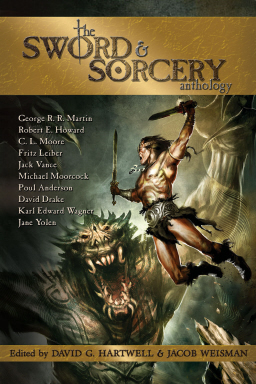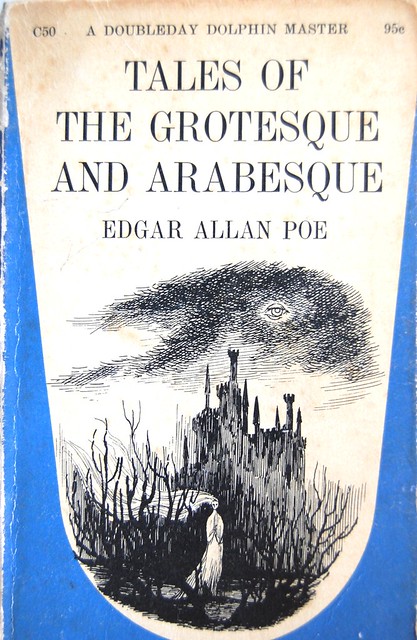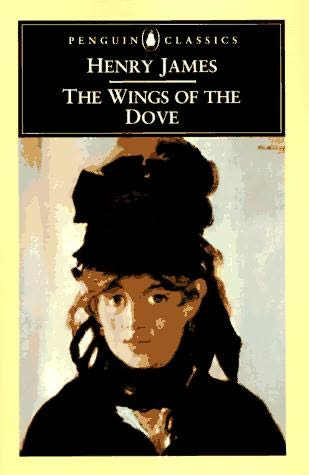Teaching and Fantasy Literature: Taking the SAT? Montag to the Rescue!
 When I was my students’ age, the SAT had two sections, not three. The verbal section was heavy on analogies, which the College Board has long since purged from the test. They added an essay in 2005, which to me feels like last week, but to my students, that’s a time when their ages were in single digits.
When I was my students’ age, the SAT had two sections, not three. The verbal section was heavy on analogies, which the College Board has long since purged from the test. They added an essay in 2005, which to me feels like last week, but to my students, that’s a time when their ages were in single digits.
Read too many SAT essay prompts in a row, and you begin to think your head will explode, even if you’re not taking the test yourself: Can success be a catastrophe? Which is the stronger motivator–conscience or the will to power? Has technology outpaced our ability to put it to good use? Do ends justify all means? What is the good? How shall we construct our civilization? How must we live? There’s a slight tendency toward the grandiose, which I quietly remedy by imagining Scarlett O’Hara working for the College Board on essay prompts–Where shall I go? What shall I do? All the real essay prompts are more entertaining in Scarlett O’Hara’s voice. My students, however, claim never to have heard of Scarlett O’Hara. Imagine being that young. Now imagine that you have 25 minutes to bluff your way through a response in five-paragraph essay form with specific examples, and that your parents have half-convinced you that your entire future depends on how you answer. Twenty-five minutes to put your civilization right, with unfailingly correct use of commas and with diction in the formal academic style.
One way to arrive at the starting line for that sprint is to have a handful of versatile works of literature in your head from which to draw examples. I’ve lost count of how many students I’ve worked with who found ways to use Macbeth, The Catcher in the Rye, and Fahrenheit 451 for every single practice essay, no matter what the prompt was about.



 I’m secretly haunting an 8th grade English class at Hammarskjold Middle School. I tutor some students who are in the same class, so I get to see their teacher’s assignments, comments on student writing, and most recently, study guides for midterm exams. I glimpse the teacher through the fog of my physical absence from the classroom–I even forget from week to week whether the teacher is a man or a woman–but traces of my spectral influence may be detectable in my students’ work.
I’m secretly haunting an 8th grade English class at Hammarskjold Middle School. I tutor some students who are in the same class, so I get to see their teacher’s assignments, comments on student writing, and most recently, study guides for midterm exams. I glimpse the teacher through the fog of my physical absence from the classroom–I even forget from week to week whether the teacher is a man or a woman–but traces of my spectral influence may be detectable in my students’ work. Kids under age six are not lying to you, not exactly. When they want something to be true, they genuinely cannot tell that it isn’t. When they fear something might be true, no amount of reassurance is enough, because
Kids under age six are not lying to you, not exactly. When they want something to be true, they genuinely cannot tell that it isn’t. When they fear something might be true, no amount of reassurance is enough, because  I confess: I’m horror-illiterate. Being horrified on my way to some other reading experience is often worthwhile, but reading just to poke my
I confess: I’m horror-illiterate. Being horrified on my way to some other reading experience is often worthwhile, but reading just to poke my  No wonder the writer I was back in college never finished anything big. She lacked the patience for the kind of slog I’m slogging through now. She knew some nice tricks — could turn out a kickass sonnet in two hours by writing backwards, last line to first — but if she had ever managed to produce a complete book-length draft, she would have wandered off to a next never-to-be-finished project once the revision got tough. She would not have been game for as many rounds of tightening, fact-checking, and continuity repairs as I have had to do for the novella collection I’m sending off to its small press publisher next week.
No wonder the writer I was back in college never finished anything big. She lacked the patience for the kind of slog I’m slogging through now. She knew some nice tricks — could turn out a kickass sonnet in two hours by writing backwards, last line to first — but if she had ever managed to produce a complete book-length draft, she would have wandered off to a next never-to-be-finished project once the revision got tough. She would not have been game for as many rounds of tightening, fact-checking, and continuity repairs as I have had to do for the novella collection I’m sending off to its small press publisher next week.
 When we finally reached “The Tale of Beren and Luthien,” my
When we finally reached “The Tale of Beren and Luthien,” my 